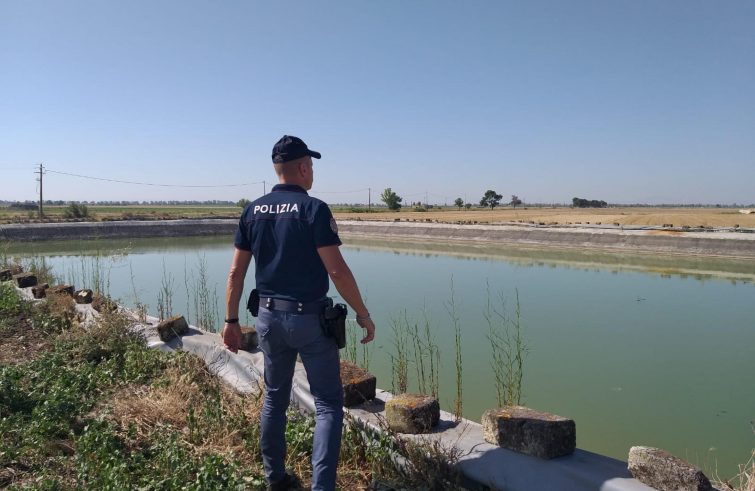
The House of Charity in Manfredonia, a large structure with numerous Caritas services and a chapel, has offered to provide the chamber of rest for Daniel and Stefan, two Romanian brothers aged six and seven. The children drowned last night in an irrigation basin in a rural area between the Italian towns of Zapponeta and Manfredonia, in the province of Foggia. The Diocesan Caritas of Manfredonia-Vieste-San Giovanni Rotondo will pay for the funeral, which will take place tomorrow afternoon or Friday in the Cathedral, presided over by Archbishop Franco Moscone. This morning he condemned “yet another migrant tragedy”. The parents have two other children. The Caritas service of St Mary the Queen parish had been supporting the family. The father arrived in Italy four years ago and had no job or home. They now live in a house owned by the company he works for. It is likely that the children were playing and may have gone to refresh themselves in the three-metre-deep pool while their parents were having a rest. Their flip-flops were found nearby. Involuntary manslaughter is being investigated.
“Such tragedies should not be allowed to happen. This tragic event has shocked and saddened us,” Father Luciano Pio Vergura, director of Caritas Manfredonia-Vieste-San Giovanni Rotondo, told SIR. “There could have been neglect on everyone’s part,” he remarked. “There are many dilapidated structures for irrigating crops in the area. Maybe the children jumped in, just for fun, because of the sweltering heat.” Caritas intervened immediately to organise the funeral, and has already met with the father of the two children, who is overwhelmed with grief. They are now waiting for the necessary paperwork from the Zapponeta municipality. “We will offer our full support to the family,” he said. “We have offered the use of the chapel of the House of Charity for the funeral, because there we will be able to offer a place for those who wish to be present and pray.”
The tragedy of this family is set against a wider context of poverty and neglect. Many migrant workers live in extremely precarious conditions. In addition to the notorious ‘ghetto’ of Borgo Mezzanone, home to thousands of exploited and illegally recruited African workers for the tomato harvest, thousands of Romanians are employed in agriculture and livestock farming. In fact, in the Capitanata area there is a huge cultivation of tomatoes, vegetables and wheat. “The Romanians are the most integrated group and they are given the most responsibility,” says Father Vergura. In our environment, it is difficult to give answers to people who come here in search of work and a better life. What is being done is always too little.”
Many inadequate responses. Caritas is actively engaged in the area, along with voluntary associations and groups. The government has made several efforts in the past with projects and initiatives, including an Extraordinary Commissioner and a recent EUR 56 million grant from the National Recovery and Resilience Plan. “All responses have been insufficient,” he remarked.
Over the years, the situation of neglect grew worse, bringing with it major problems such as prostitution and illegal drugs.
Many of them are nice young people, victims of labour exploitation, but unfortunately easy money is tempting for everyone. If there are no organised responses and adequate support is not provided, people are bound to seek shortcuts to obtain what they want.” Over the years, “the situation grew worse, with more arrivals,” he confirmed. “The numbers are very high.
Despite the allocation of large sums of money, there have been no interventions.”
All five dioceses in the Capitanata area are involved in helping migrant labourers. Even the Papal Almoner Konrad Krajewski has visited these regions. Caritas Italy’s Presidio programme was very important. “We are doing the best we can with the voluntary tax contribution (8 x 1000) and our own resources. After the national phase, the Presidium Project continues with resources from the dioceses,” he explained. “Many Romanians work in the surrounding rural areas,” added Angela Cosenza, the contact person for the projects and coordinator of Caritas Manfredonia-Vieste-San Giovanni Rotondo, “they live in small farmhouses in the area stretching from Manfredonia to Zapponeta and work on small and large farms. There are also African communities along the coast, but on the farms there are more Romanians. The family of the two siblings is destitute and is therefore supported by the parish Caritas service.”












